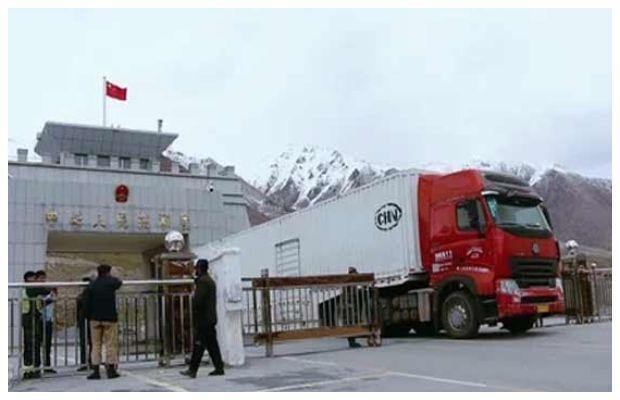In a significant move to enhance cross-border trade between China and Pakistan, 27 containers loaded with agricultural equipment successfully entered Pakistan via the Khunjerab Pass.
This development follows a temporary opening of the pass, marking a trial run aimed at facilitating trade throughout the year.
The Ministry of Commerce, in coordination with the Ministry of Foreign Affairs, announced that this initiative was made possible through the cooperation of the Chinese government, which expressed its willingness to open the border crossing starting March 1 for a second trial within the year.
The decision comes after the Khunjerab Pass was closed on November 30 of the previous year for the winter season, despite earlier agreements to keep the high-altitude route accessible year-round.
Historically, the Pakistan-China border at Khunjerab Pass has been open from April to November-end, as per a 1986 agreement, to support trade and travel activities.
However, an updated agreement was reached last year during a meeting between caretaker Prime Minister Anwaarul Haq Kakar and Chinese President Xi Jinping, aiming to make the pass operational throughout the year.
Despite challenges posed by heavy snowfall, which resulted in the temporary stranding of the containers and their drivers, efforts were made by the Chinese authorities to clear the Karakoram Highway on their side, demonstrating the commitment to sustaining the “Green Pakistan” initiative.
However, difficulties arose due to inadequate facilities on the Pakistan side to keep the road open, highlighting areas for future improvement in cross-border logistics and infrastructure.





Excellent post shared
amazing and impresive content it is.